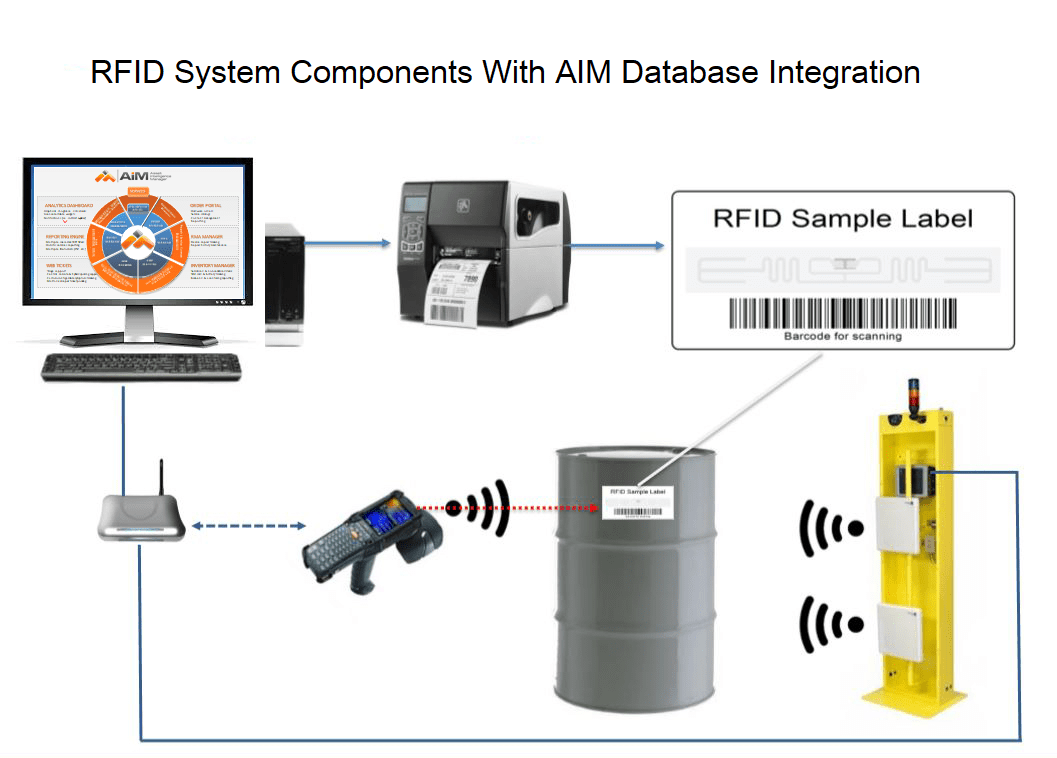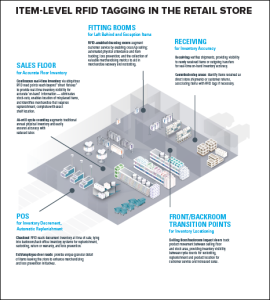
Applications For RFID Spans Industries
Radio Frequency Identification (RFID) asset tracking, simply put, makes doing business easier. An RFID system removes the laborious process of taking inventories manually and presents a quicker and more efficient solution. It allows large corporations to collect and analyze asset related data in real-time, without all the paperwork. As such, RFID asset tracking systems are a staple in many corporations and businesses across the globe. In addition, several public service companies have also begun utilizing RFID. Here are a few examples of such uses:
Law Enforcement
Law enforcement offices use RFID asset tracking to track electronic items such as radios, cell phones and equipment, as well as higher risk assets such as vehicles, case files, etc.
Government
Government officials, for starters, require secure and centralized databases. An RFID system allows centralized databases for almost any and all assets, including documentation, furniture, vehicles, equipment, electronics, etc.
Education
Many educational facilities provide students and teachers with the use of electronic equipment, which are spread across campus. An RFID system helps manage and keep track of this widespread equipment.
Health Care
RFID asset tracking systems can help health care facilities input and receive patient information much quicker. This produces more accurate patient information and quality result. This is crucial for ensuring a smooth operation and quick response time. An RFID system can also keep help track of other important assets, such as costly medical equipment or billing information.
In addition to these public and corporate settings, here are a few other interesting RFID system uses:
- Some museums use an RFID asset tracking system to track and manage art, memorabilia and other collection pieces.
- Certain gym facilities use an RFID system to take their towel loss-prevention to the next level.
- A Chinese opera company has used RFID systems to track and locate props and costumes.
- The U.S government’s Animal and Plant Health Inspection Service has invested in an RFID system to track cattle.
- The NFL even uses an RFID system at 17 different stadiums to record player performance information and store statistical data.
As you can see, RFID asset tracking systems are highly versatile. An RFID system can reduce the overhead costs associated with maintaining a manual inventory process; in addition, it allows assets to be managed and, more importantly, analyzed much quicker. In this way RFID asset tracking systems are, well, assets themselves for an array of businesses; however, they are highly beneficial for corporate offices, which operate on a for-profit basis. After all, time is money.
Learn more about item-level RFID tagging for retail: click here

